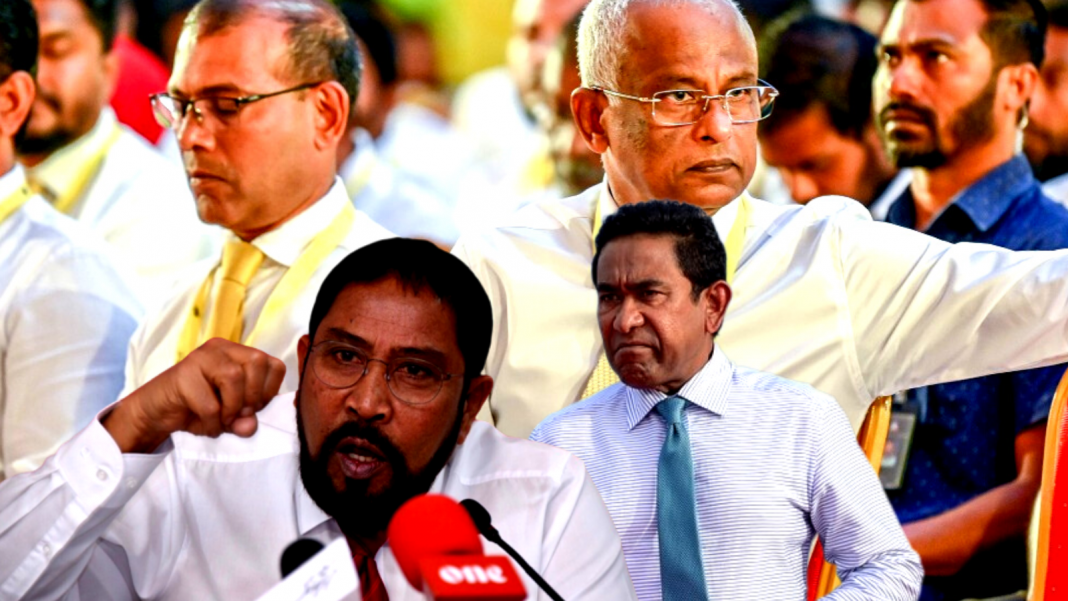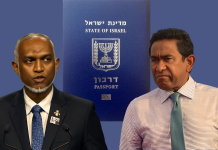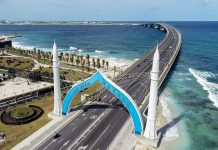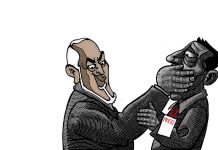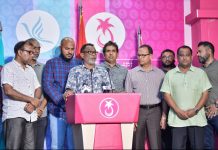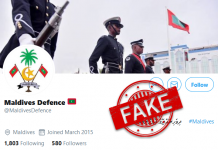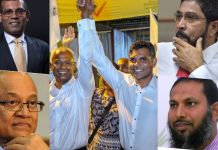Jumhoory Party (JP), one of the main parties in the ruling government coalition, has announced its decision to field an independent presidential candidate for the upcoming election. The move comes as a blow to President Ibrahim Mohamed Solih, who had hoped to secure the party’s support for his re-election bid.
JP’s leader, Qasim Ibrahim, had contested the previous presidential elections in 2008 and 2013 but was ineligible to run in the 2018 election due to a now-overturned conviction. JP then joined a coalition with the Maldivian Democratic Party (MDP), which went on to win the election.
However, President Solih had repeatedly met with Qasim to garner his support, but JP’s spokesperson, Ali Solih, announced plans for a presidential primary to elect the party’s candidate.
The primary will be held according to the party’s constitution, which dictates that only council members can vote. JP’s general members will not be eligible to vote in the primary. The party’s council has around 100 members, and candidacy for the primary will open soon.
The President’s Office has expressed concern about the situation, stating that it would be hard to proceed with two presidential candidates who are contesting the election while still in the government. MDP’s leader, Mohamed Nasheed, is lobbying for Qasim to contest the election and has begun work to form a joint parliamentary group with JP.
JP’s decision has also prompted criticism from some members of the ruling MDP, who argue that JP’s politicians in top government positions must resign. However, Qasim has pointed out that the 2018 coalition agreement leaves JP free to contest the upcoming presidential election independently, and no government official from JP is required to resign before the end of the current presidential term.
The opposition coalition, composed of the Progressive Party of Maldives (PPM) and the People’s National Congress (PNC), has hinted at willingness to work together with MDP’s faction that supports Nasheed and JP on issues of mutual concern.
JP’s decision to field an independent candidate for the upcoming presidential election has caused political tensions. The move has complicated the ruling government coalition and raised questions about the future of the coalition’s unity. The situation is expected to develop as the election approaches, and political parties continue to negotiate alliances and strategies.

